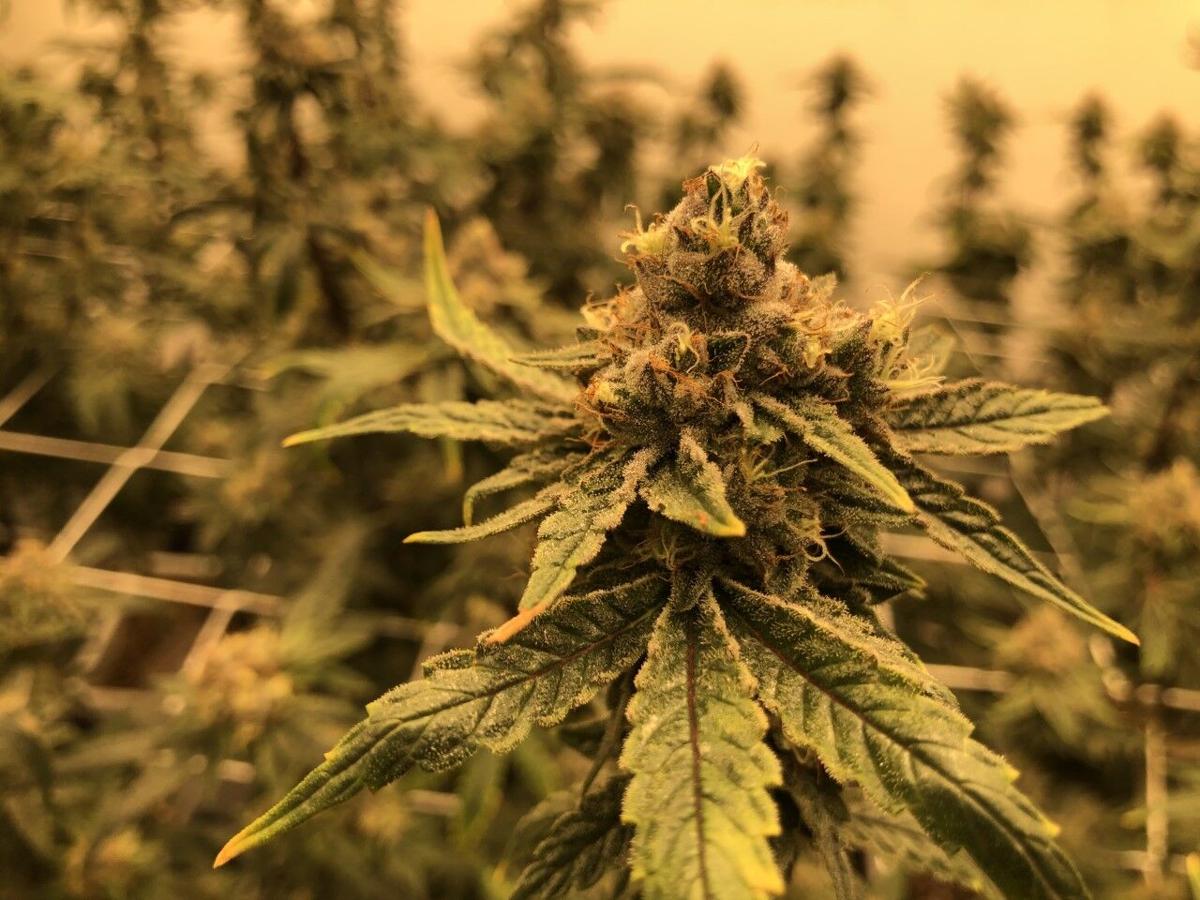PHOENIX — The state Court of Appeals has opened the door for people convicted of selling small amounts of marijuana in Arizona to now qualify to have their records expunged.
The court slapped down a bid by the Arizona Prosecuting Attorney's Advisory Council to interpret a voter-approve law legalizing marijuana in a way that could have blocked thousands of people in that situation from being able to clear prior drug convictions from their records.
In a unanimous ruling Tuesday, the three-judge panel said Maricopa County Superior Court Judge Margaret LaBianca erred in not granting the petition by Ethan Sorensen to expunge his conviction. Appellate Judge Brian Furuya, writing for the court, said clearing the records of those who had small amounts of marijuana is exactly what voters intended as part of the 2020 decision to legalize the recreational use of the drug.
But what's most notable about the case is that his petition was not opposed by the Maricopa County Attorney's Office which actually prosecuted Sorensen in the first place. In fact, attorneys from that office actually prepared the legal petition to erase the conviction.
Instead, Sorensen's efforts were fought by Elizabeth Ortiz, the executive director of the APAAC.
That is a separate group made up of prosecutors from state, county and local agencies and a representative of the Arizona Supreme Court.
It's mission is to coordinate and provide training and education to prosecutors.
But it can file legal briefs in pending cases. And Ortiz used that power to argue to the appellate court that Sorensen's conviction should remain part of his record despite the support for expungement filed by Maricopa prosecutors.
Ortiz did not immediately return messages seeking comment or explanation.
As approved, Proposition 207 spells out that individuals are entitled to possess up to 2 1/2 ounces of marijuana. And it allows people who already had prior marijuana-related convictions to petition a court for an order that will seal those records if the arrests involved amounts below that threshold.
That was the case here.
Court records show Sorensen was arrested in 2014 for possessing about two-thirds of an ounce of marijuana.
He was charged, though, not with simple possession but possession of the drug for sale, a more serious offense with the possibility of a longer prison sentence.
There is no specific amount at which someone is presumed to be possessing the drug for sale. That is decided by police and prosecutors based on what they believe is the intent of the defendant.
In a plea agreement, Sorensen pleaded guilty to a lesser charge of solicitation to commit possession of marijuana for sale. That also did away with a separate charge of possession of drug paraphernalia.
He was placed on two years' supervised probation. At the end of that time his probation was ended and the court designated the offense a misdemeanor, which is its option.
After the 2020 law was adopted, the Maricopa County Attorney's Office — the same agency that had prosecuted him — asked the judge pursuant to Proposition 207 to seal all records related to Sorensen's arrest and conviction.
LaBianca, however, refused, saying it was her belief that the expungement language did not apply since the charge was related to having marijuana for sale. And when the county attorney would not defend the judge's ruling, Ortiz came in on behalf of APAAC to argue to the appellate court on her behalf that LaBianca was right.
Furuya disagreed.
He said the plain language of the 2020 law allows a record to be sealed in any case that involves "possession" of marijuana. And the judge said there is nothing in the statute that says that law does not apply because of the reason the person had it — in this case, as charged — with the intent to sell it.
The bottom line, Furuya said, is that people like Sorensen, convicted of a sales-related offense, are entitled to have their records sealed if they meet the other requirements of the law, like the amount of drugs involved.
That is a significant decision.
When Proposition 207 was first approved, advocate estimated that about 192,000 individuals who had been convicted of simple marijuana possession could get their records cleared.
And Julie Gunnigle who is the legal director of the Arizona chapter of the National Organization for the Reform of Marijuana Law said the number actually could be in the 250,000 to 500,000 range.
But, until now, there has never been a clear ruling about whether those who had enough marijuana to have been considered possessing it for sale — the amount is in the eyes of police and prosecutors — were also eligible to have their convictions erased.
Martin Hutchins, lead attorney for the Reclaim Your Future campaign, praised the ruling. His group is organized by a coalition of legal aid and community outreach nonprofits across the state who provide free resources and assistance to those seeking expungement.
"There are many people who were charged with for-sale offenses before the passage of Prop 207 even when they had minimal amounts of marijuana because other factors led officers to assume the person was some sort of dealer," Hutchins said in a prepared statement. Anyway, he said, separating out legal relief based on the intent of the person arrested makes no sense given the current environment.
"The state and the cannabis industry is not making millions on marijuana sales," Hutchins said. "So it's fortunate that people who were believed to have committed a sales-related offense can now benefit from expungement."
He also said that the pre-2000 drug convictions affected people of color and those of lower socioeconomic status at disproportionate rates.
Get your morning recap of today's local news and read the full stories here: http://tucne.ws/morning





